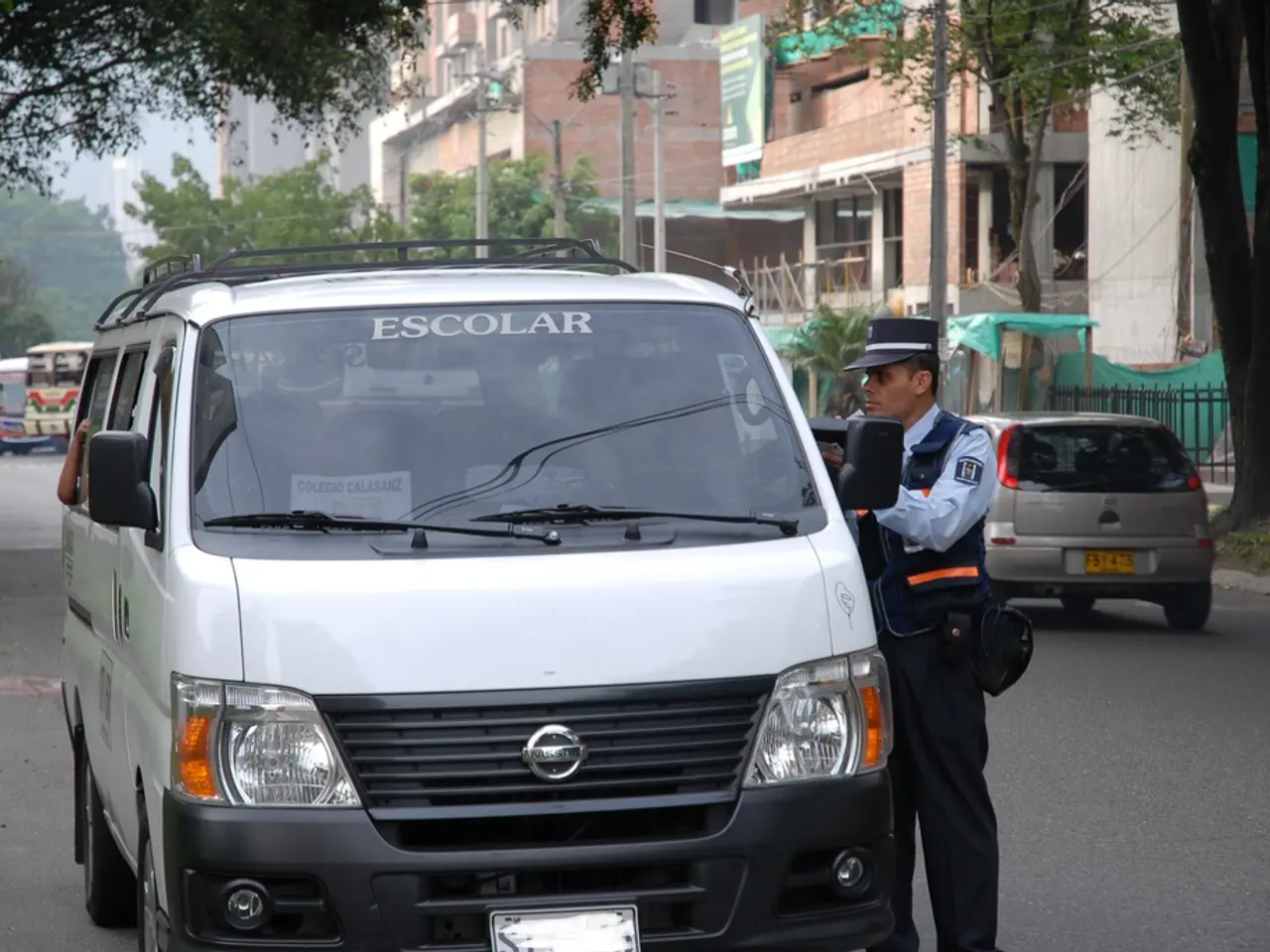Trump's plan to halt birthright citizenship temporarily delayed, yet execution strategy advances
President Donald Trump's latest executive order, titled "Protecting the Meaning and Value of American Citizenship," aims to restrict birthright citizenship for children born in the U.S. under certain circumstances. The order, signed on January 20, 2025, targets families where the child's mother is in the U.S. without legal status at the time of birth, and the father isn't a U.S. citizen or green card holder.
The executive order has reignited a deep-rooted constitutional debate about how the country defines citizenship. If implemented, it would mark a significant shift from long-standing interpretations of the 14th Amendment, which grants citizenship to virtually all born in the U.S. regardless of parental immigration status.
The order's nationwide enforcement has faced significant legal challenges. As of early July 2025, a federal court in New Hampshire blocked the executive order and certified a nationwide class protecting affected children born on U.S. soil. The court's decision maintains the traditional interpretation of the 14th Amendment.
However, on June 27, 2025, the U.S. Supreme Court in Trump v. Casa stayed injunctions that had barred the order’s enforcement beyond the original parties. This ruling opened the path for the EO to proceed nationwide, pending the outcome of ongoing litigation and enforcement preparations.
Despite this Supreme Court ruling, as of late July 2025, the order remains on hold due to ongoing federal court proceedings. Government agencies, however, have begun preparing plans for potential enforcement in the future.
The order also applies to cases where the mother is in the country legally but only on a temporary visa, while the father lacks permanent residency or citizenship. The U.S. Citizenship and Immigration Services (USCIS) proposes a process similar to what's currently done for children of foreign diplomats for these children to receive the same legal status as one of their parents.
The future of birthright citizenship in the U.S. remains uncertain due to the ongoing legal battle. The executive order aims to tighten the rules around who qualifies for birthright citizenship, a move that has been met with both support and opposition. The debate touches not just on immigration policy but also on how the country defines citizenship itself.
In a separate news article titled "Giant win: US Supreme Court backs Trump on birthright citizenship" (June 27, 2025), it was reported that the Supreme Court has recently ruled in favor of President Trump in a related case. The latest version of the battle over birthright citizenship changes is playing out in federal courtrooms.
The ongoing legal battle over President Trump's executive order on birthright citizenship, titled "Protecting the Meaning and Value of American Citizenship," has reached the Supreme Court, where the order was partially supported. However, a federal court in New Hampshire has blocked the execution of the order, maintaining the traditional interpretation of the 14th Amendment. This controversy, involving policy-and-legislation and politics, has also ignited a debate over war-and-conflicts, touching on how the country defines citizenship itself and sparking general-news discussions.








